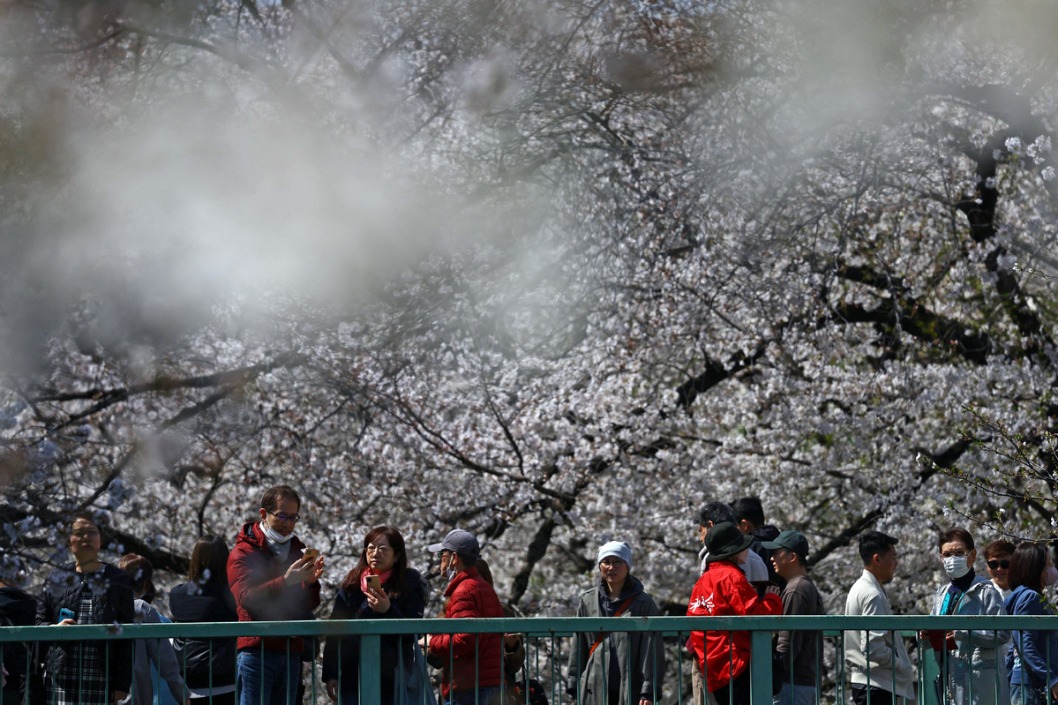Persistence brings hope and chance of miracles


Zhang Guangrui, a 40-year-old volunteer with the Blue Sky Rescue Team from northern China, put on his sunglasses to hide his tears on the streets of Mandalay in Myanmar on Thursday afternoon.
An 84-year-old woman, whom Zhang's team had spent days trying to rescue, was confirmed dead earlier in the day, before she could be saved from a collapsed building.
I tried to talk with the woman's daughter on Wednesday. She cried, saying, "I have no energy to speak, and I just want to see my mother as soon as possible." I put away my recorder and hugged her.

On the following day, she courageously told the rescue team: "It's fine to let her rest here."
Zhang had led the team in digging through the ruins for three days and nights. With 17 years of rescue experience, Zhang, as a post-disaster rescue expert, tried multiple methods to rescue the elderly woman.
"This site is indeed the most complex and high-risk situation I've ever encountered," he said.
I have interviewed him five times in recent days. What he said most often was, "Let me check the site again".
More than 140 hours after the earthquake, despite the scorching heat of over 40 C, hundreds of Chinese rescuers continue their efforts with barely any sleep, as persistence brings hope.
Just as one survivor saved by Chinese rescuers said, it was the rescue team's presence that gave him the strong will to live.
When I was talking with Zhang one day on the street here, a voice came from behind, saying "Are you from China?"
It was a third-generation Chinese immigrant. With her hands pressed together in a gesture of gratitude, she spoke to me in a hoarse voice: "Thank you so much for coming all the way to help us."
As we were talking, dozens of disaster-affected people who had been resting nearby gathered around us. One by one, they asked me to convey their thanks to China.
"My dad works for a Chinese company, and he made me learn Chinese. During the earthquake, my sisters and I ran out without taking anything. We are now staying at a relative's house. Thank you to the Chinese volunteers for helping us get through this difficult time," a female resident said.
In addition to rescue efforts and providing supplies, post-disaster epidemic prevention work has also begun. The dense population, hot weather and scattered bodies yet to be cleared present a significant challenge to epidemic control efforts.
I also visited the headquarters of the Chinese Red Cross International Emergency Response Team at a sports stadium where staff members' bags were piled up on the floor, and mosquito nets were arranged on the grass.
Not far away, a member of the Chinese Red Cross Society International Emergency Response Team slept the whole night next to a shipment of rescue supplies that had just arrived from China, as if guarding precious treasure.
I hope the perseverance of these Chinese rescue teams can bring about more miracles.































